How to Stay Healthy While Traveling Around Nicaragua
Before you go to Nicaragua, these are the things you need to know about health and hygiene, as well as earthquakes, active volcanoes and hiking safety advice.
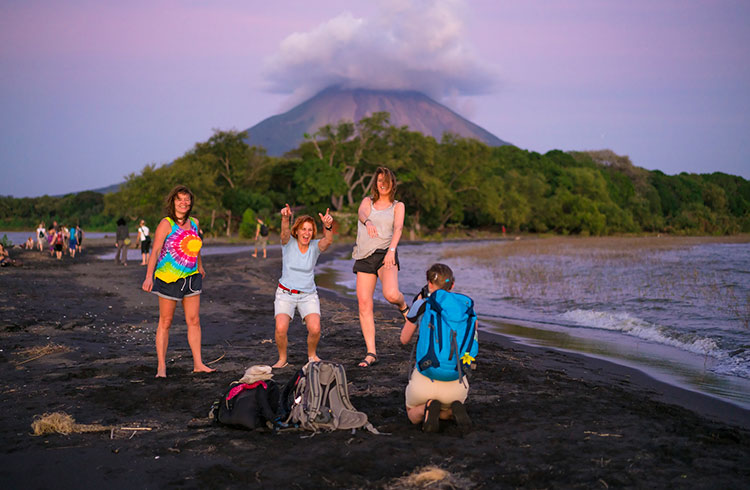 Photo © iStock/DavorLovincic
Photo © iStock/DavorLovincic
Tropical Nicaragua is located in the Ring of Fire, which means a combination of health issues and geological instability welcome a tad more caution for your adventure – preferably before you sandboard down the side of an active volcano.
- Health, hygiene and tropical diseases
- Can I drink tap water in Nicaragua?
- Natural hazards in Nicaragua
- Mandatory hiking guides in Nicaragua
- Earthquakes and dangers in the ocean
Health, hygiene and tropical diseases
Nicaragua is a tropical country, so you can expect the usual culprits: Dengue Fever, Malaria outside the cities, and some risk of Hepatitis.
Dengue is especially prevalent during the rainy season when stagnant water accumulates. There's no cure, so prevention is the best measure, which means mosquito repellent and mosquito nets over you bed are essential.
Malaria is endemic mostly on the Atlantic coast. Anti-malarial medication (if you choose to take it) should be taken before entering the country, as prescribed by your doctor.
Vaccination for Hepatitis A is strongly recommended, as well as Hepatitis B, Rabies, and Typhoid if you're staying longer than three months or planning on travel to remote rural areas.
There's a small risk of Leptospirosis, which is a bacterial infection found in fresh water contaminated with animal urine. If it's discovered in time, it can be easily treated with antibiotics – so keep an eye out for symptoms such as flu-like fever, nausea, vomiting, muscle soreness, chills and red eyes, if you've been white water rafting or jumping into rivers.
Can I drink tap water in Nicaragua?
Tap water in Nicaragua has a strong Chlorine smell, which technically-speaking renders it safe to drink. But, the need to overdose it with a bacterial-killing agent like Chlorine should ring alarm bells. It's best to stick to bottled water.
A quick word about toilets: not all toilets are connected to the sewer system, and the plumbing doesn't handle with toilet paper very well. You could clog it up and have it backfire. It's best to place toilet paper in the waste bins beside the loo (if there is one). A bit icky to the uninitiated, but you'll soon get the hang of it. If the lid is kept on tight and the bin is emptied daily, there should be no odour or health concerns.
Natural hazards in Nicaragua
In Nicaragua, danger comes from the sea and the mountains. Sitting in the Ring of Fire, it has its share of active volcanoes and seismic jitters.
Volcano explorers are advised to wear the proper footwear and carry the necessary gear for long hikes and emergency situations. Sometimes a climb may look easy from a distance, but the terrain proves far more severe.
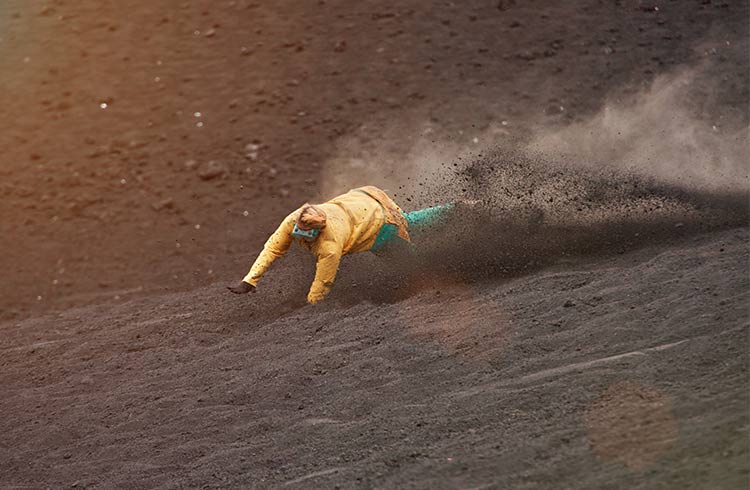
Mandatory hiking guides in Nicaragua
More than one hiker has become lost around the spouts of Ometepe Island. For this reason, it's mandatory that anyone trekking the Maderas and Concepcion volcanoes hire a local guide.
In fact, hiring a guide is a good idea in most remote locations. Volcán Concepcion, especially, erupts a few times a year, belching toxic gases and debris around it.
Earthquakes and dangers in the ocean
Earthquakes and hurricanes also happen from time to time across the country. On the beach, mainly along the Pacific coast, beware of strong currents. Many have drowned underestimating the power to the undertow. There may not be warning signs, and a lifeguard may not always be present or properly equipped.
Large waves could also result in serious injuries.
Stingrays are numerous around January to March, when the sea is cold. Yes, they hurt.
Related articles
Simple and flexible travel insurance
You can buy at home or while traveling, and claim online from anywhere in the world. With 150+ adventure activities covered and 24/7 emergency assistance.
Get a quote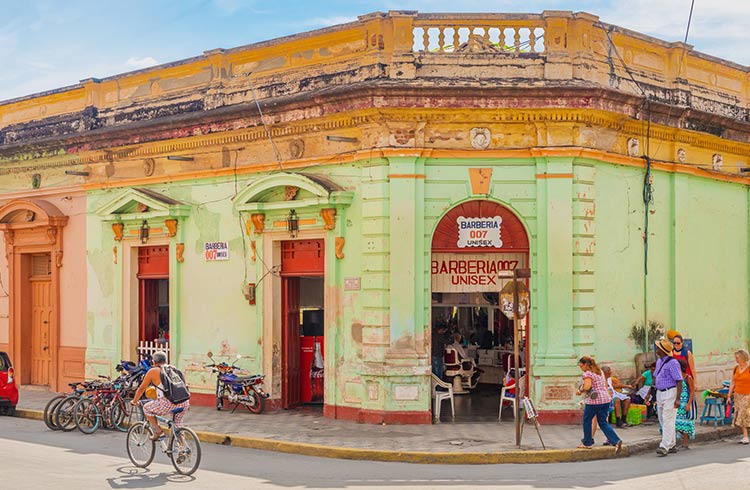
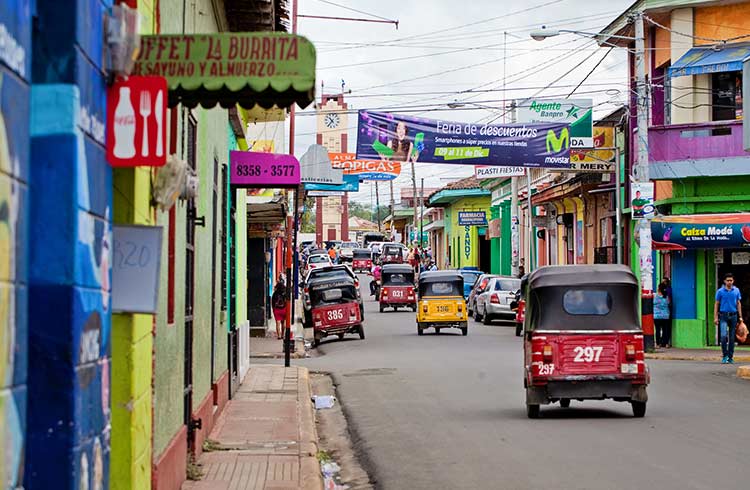
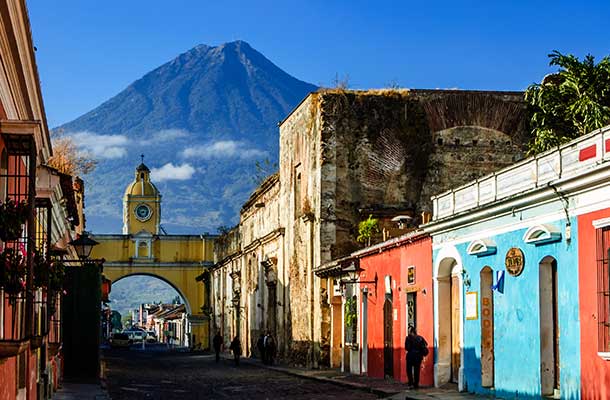
1 Comment